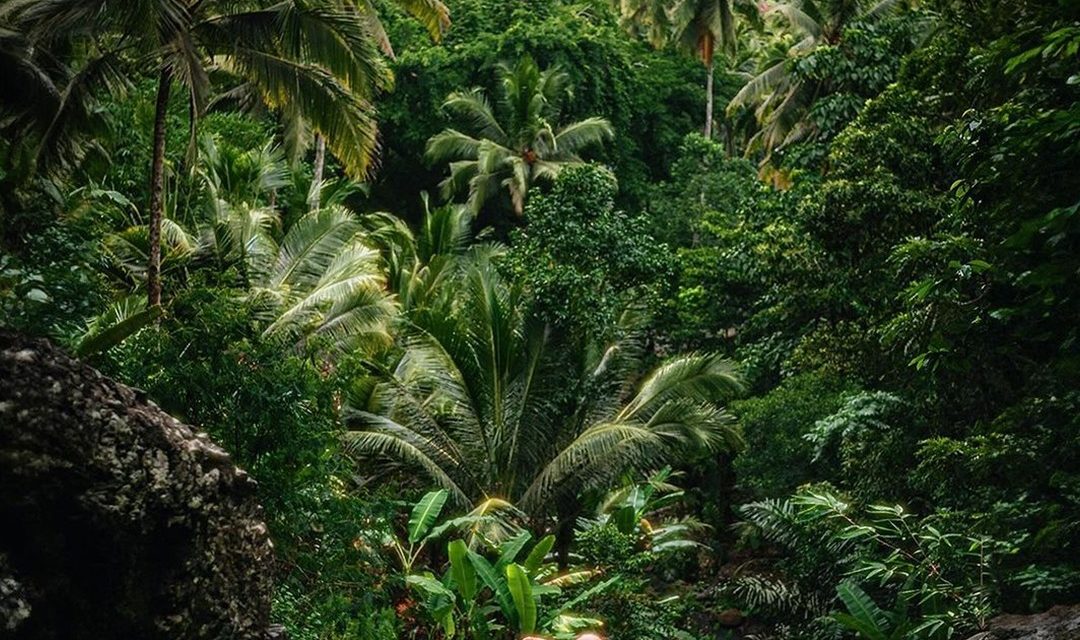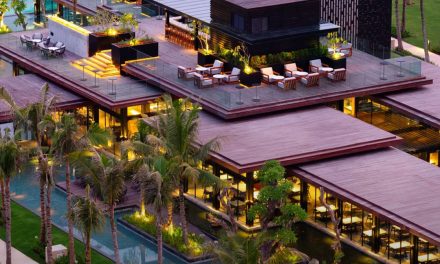When you think of Bali, you might picture beautiful beaches, lush rice terraces, and of course, those stunning Instagram shots of sunset cocktails. But nestled in the hills of Ubud, there’s another treasure worth exploring: coffee plantations that are embracing sustainable practices. As a frequent visitor to this charming town, I’ve had the pleasure of immersing myself in the coffee culture while witnessing firsthand how local farmers are working to protect both their land and the future of their craft. Let’s dive into the sustainable practices happening in Ubud’s coffee plantations and how they can inspire us all.
The Rich Tradition of Coffee in Ubud
The coffee grown in Ubud is not just any coffee; it’s steeped in rich tradition and culture. Balinese farmers have been cultivating coffee for generations, but the approach to farming has evolved. During my recent visit, I took a guided tour of a local coffee plantation, and what struck me most was the deep respect the farmers had for their environment. Their passion for coffee is matched only by their commitment to sustainability.
Shade-Grown Coffee: Nature’s Best Friend
One of the most fascinating sustainable practices I learned about is shade-grown coffee. Unlike conventional coffee farms that clear-cut forests for sun exposure, many Ubud plantations maintain the natural canopy. This approach preserves biodiversity and creates a habitat for countless species, from vibrant birds to playful monkeys.
During my visit, I wandered through coffee plants that were nestled under the protective branches of towering trees. The shade not only ensures a healthier ecosystem but also contributes to the quality of the coffee. I remember the distinct taste of a cup of coffee brewed from beans grown in this environment—smooth, flavorful, and rich, with hints of chocolate and fruit.
Practical Tip
If you’re inclined to support sustainable coffee, look for brands that prioritize shade-grown coffee. This small choice contributes to preserving ecosystems and supports farmers’ livelihoods.
Natural Pest Control: Farmers as Stewards of Nature
Another innovative practice seen in Ubud plantations is the use of natural pest control. Farmers have shifted away from synthetic pesticides, opting instead for local fauna to manage pests. For example, some plantations introduce ladybugs and birds, which naturally keep harmful pests at bay.
I recall chatting with a local farmer, Wayan, who proudly showed me his little insect hotels—wooden structures filled with twigs and leaves that attract beneficial insects. They help my coffee, and I don’t have to harm the land, he said with a smile. His pride came through as he explained how these practices not only protect his crops but also strengthen the community of life around him.
Relatable Scenario
Imagine sipping your morning coffee, knowing that it’s free from harmful chemicals and sustainably harvested. It feels good to think that your daily rituals can support environmental health.
Organic Farming: Nurturing the Soil
Organic farming is another cornerstone of sustainability that has taken root in Ubud coffee plantations. By avoiding synthetic fertilizers and focusing on organic compost, farmers rejuvenate the soil naturally. I participated in a compost-making workshop during my trip and was amazed at the simplicity and impact of this practice. It requires a mix of kitchen scraps, dry leaves, and a little bit of patience!
Wayan’s enthusiasm for organic farming was contagious as he explained how healthy soil leads to better coffee. Good coffee starts from the ground, he said, showing me the rich, dark soil that was the backbone of his farming technique.
Invitation to Action
If you’re looking to go green at home, consider starting your own compost. Even a small bin in your backyard or kitchen can make a difference. You’ll reduce waste, enrich your garden, and feel a true connection to nature.
Community Involvement: Coffee with a Heart
Sustainable practices in Ubud coffee plantations extend beyond environmental efforts; they also include community involvement. Many farms engage in fair trade practices, ensuring that farmers receive fair wages for their hard work. This creates a positive cycle where farmers are encouraged to maintain their sustainable practices.
I remember a heartwarming moment at a local coffee cooperative where farmers shared stories about their journeys. They talked about their efforts to establish education programs for the younger generation, teaching them about sustainable farming and the importance of preserving their heritage.
Support Local
When visiting Ubud, consider taking a coffee plantation tour that contributes to local communities. It’s a meaningful way to enjoy Bali’s culture while supporting sustainable and ethical practices.
Conclusion: Sip Responsibly
The sustainable practices in Ubud coffee plantations are not just a trend; they are a lifeline for the environment, the coffee industry, and the local communities. Next time you brew your morning cup, think about the stories behind your coffee beans. By supporting sustainable coffee, you’re not just sipping a beverage; you’re participating in a movement that cherishes our planet and its people.So, whether you’re lounging in a café in Ubud or enjoying coffee at home, let’s toast to sustainable practices and the beautiful coffee plantations that make it all possible. Together, we can make a difference—one sip at a time.






